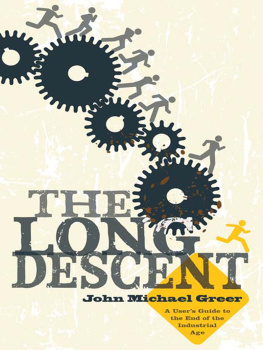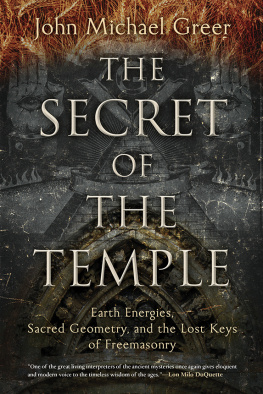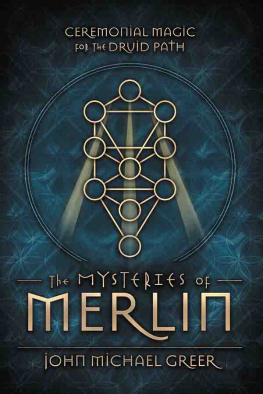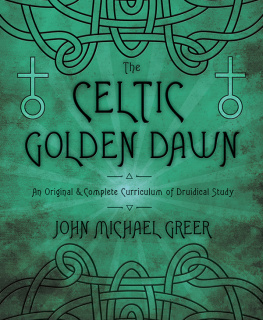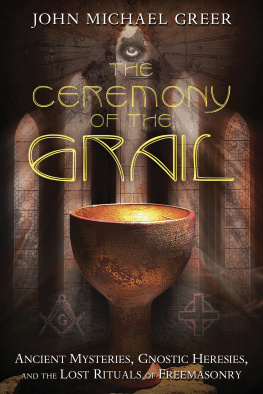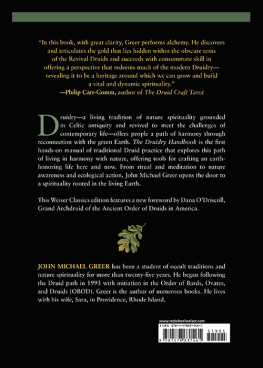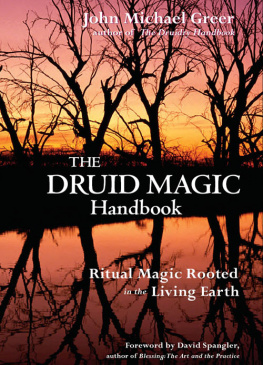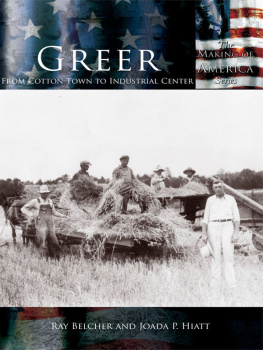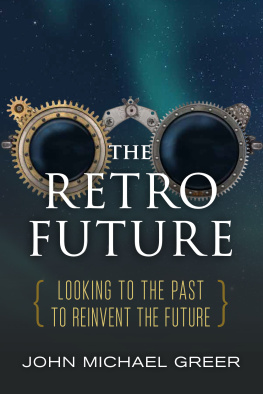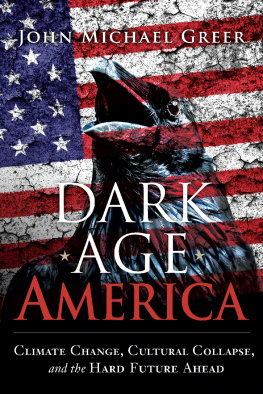John Michael Greer - The Long Descent: A Users Guide to the End of the Industrial Age
Here you can read online John Michael Greer - The Long Descent: A Users Guide to the End of the Industrial Age full text of the book (entire story) in english for free. Download pdf and epub, get meaning, cover and reviews about this ebook. year: 2008, publisher: New Society Publishers, genre: Romance novel. Description of the work, (preface) as well as reviews are available. Best literature library LitArk.com created for fans of good reading and offers a wide selection of genres:
Romance novel
Science fiction
Adventure
Detective
Science
History
Home and family
Prose
Art
Politics
Computer
Non-fiction
Religion
Business
Children
Humor
Choose a favorite category and find really read worthwhile books. Enjoy immersion in the world of imagination, feel the emotions of the characters or learn something new for yourself, make an fascinating discovery.
- Book:The Long Descent: A Users Guide to the End of the Industrial Age
- Author:
- Publisher:New Society Publishers
- Genre:
- Year:2008
- Rating:4 / 5
- Favourites:Add to favourites
- Your mark:
The Long Descent: A Users Guide to the End of the Industrial Age: summary, description and annotation
We offer to read an annotation, description, summary or preface (depends on what the author of the book "The Long Descent: A Users Guide to the End of the Industrial Age" wrote himself). If you haven't found the necessary information about the book — write in the comments, we will try to find it.
SeattleOil.com The Internet writings of John Michael Greer - beyond any doubt the greatest peak oil historian in the English language - have finally made their way into print. Greer fans will recognize many of the books passages from previous essays, but will be delighted to see them fleshed out here with additional examples and analysis.The Long Descent is one of the most highly anticipated peak oil books of the year, and it lives up to every ounce of hype. Greer is a captivating, brilliantly inventive writer with a deep knowledge of history, an impressive amount of mechanical savvy, a flair for storytelling and a gift for drawing art analogies. His new book presents an astonishing view of our societys past, present and future trajectoryone that is unmatched in its breadth and depth. Reviewed by Frank Kaminski
Wired.com The Long Descent is a welcome antidote to the armageddonism that often accompanies peak oil discussions. The decline of a civilization is rarely anything like so sudden for those who live through it writes Greer, encouragingly; its a much slower and more complex transformation than the sudden catastrophes imagined by many soical critics today.The changes that will follow the decline of world petroleum production are likely to be sweeping and global, Greer concludes, but from the perspective of those who live through them these changes are much more likely to take gradual and local forms. Reviewed by Bruce Sterling
Americans are expressing deep concern about US dependence on petroleum, rising energy prices, and the threat of climate change. Unlike the energy crisis of the 1970s, however, there is a lurking fear that now the times are different and the crisis may not easily be resolved.
The Long Descent examines the basis of such fear through three core themes:
Industrial society is following the same well-worn path that has led other civilizations into decline, a path involving a much slower and more complex transformation than the sudden catastrophes imagined by so many social critics today. The roots of the crisis lie in the cultural stories that shape the way we understand the world. Since problems cannot be solved with the same thinking that created them, these ways of thinking need to be replaced with others better suited to the needs of our time. It is too late for massive programs for top-down change; the change must come from individuals.Hope exists in actions that range from taking up a handicraft or adopting an obsolete technology, through planting an organic vegetable garden, taking charge of your own health care or spirituality, and building community.
Focusing eloquently on constructive adaptation to massive change, this book will have wide appeal.
John Michael Greer is a certified Master Conserver, organic gardener, and scholar of ecological history. The current Grand Archdruid of the Ancient Order of Druids in America (AODA), his widely-cited blog, The Archdruid Report (thearchdruidreport.blogspot.com) deals with peak oil, among other issues. He lives in Ashland, Oregon.
John Michael Greer: author's other books
Who wrote The Long Descent: A Users Guide to the End of the Industrial Age? Find out the surname, the name of the author of the book and a list of all author's works by series.

